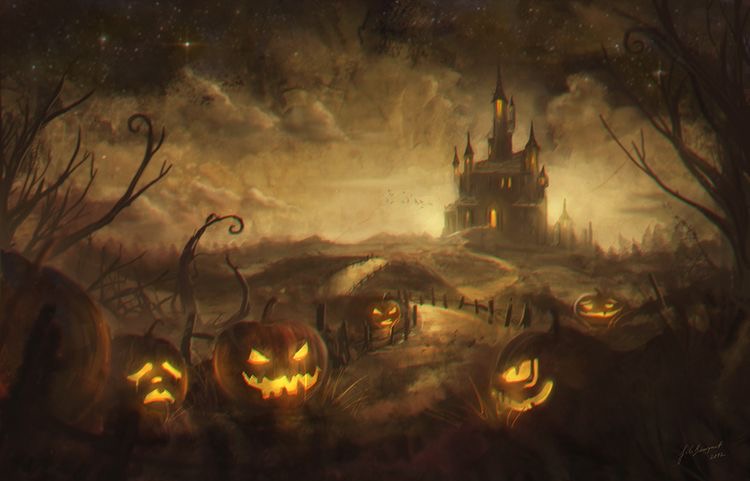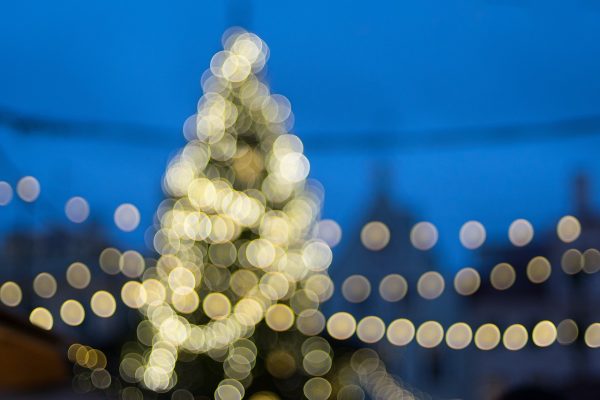The Haunted History of Halloween
Get to know the history of Halloween and the background of why we celebrate today!
At long last, Halloween has arrived! It is time to try everything from brainstorming costumes ideas, trying out pumpkin carving ideas, eating unfathomable amounts of Halloween treats, candy, chocolate, to indulging in everything pumpkin spice flavored.
No matter how old you are, the holiday simply never gets old. The little ones get a chance to dress up and go trick-or-treating, and parents get to go out walking to enjoy the cold while sipping on some hot chocolate. And, even teens have fun with friends dressing up as well going out, and some stay at home to hand out candy to the young.
With all the fun and traditions aside, what are the origins of Halloween?
Origins of Halloween
Halloween is a holiday celebrated each year on October 31, and Halloween 2021 will occur on Sunday, October 31. The tradition originated with the ancient Celtic festival of Samhain when people would light bonfires and wear costumes to ward off ghosts. In the eighth century, Pope Gregory III designated November 1 as a time to honor all saints. Soon, All Saints Day incorporated some of the traditions of Samhain. The evening before was known as All Hallows Eve, and later Halloween. Over time, Halloween evolved into a day of activities like trick-or-treating, carving jack-o-lanterns, festive gatherings, donning costumes, and eating treats.
Samhain
Halloween’s origins date back to the ancient Celtic festival of Samhain. The Celts lived 2,000 years of age, mostly in the area that is now Ireland, the United Kingdom, and northern France, celebrated their new year on November 1. This day marked the end of summer and the harvest and the beginning of the dark, cold winter, a time of year that was often associated with human death. Celts believed that on the night before the new year, the boundary between the worlds of the living and the dead became blurred. On the night of October 31, they celebrated Samhain, when it was believed that the ghosts of the dead returned to earth.
The Bible
The Bible does not mention Halloween. However, both the ancient origins of Halloween and its modern customs show it to be a celebration based on false beliefs about the dead and invisible spirits, or demons. The Bible warns, ¨There must never be anyone among you who . . . consults ghosts or spirits, or calls up the dead.” Deuteronomy 18:10–12 While some view Halloween as harmless fun, the Bible indicates that the practices associated with it are not. At Deuteronomy 18:10-12, the Bible says, “I do not want you to be participants with demons. You cannot drink the cup of the Lord and the cup of demons too.”
Why Celebrate?
Halloween falls on October 31 because the ancient Gaelic festival of Samhain considered the earliest known root of Halloween, occurred on this day. It marked a pivotal time of year when seasons changed, but more importantly, observers also believed the boundary between this world and the next became especially thin at this time, enabling them to connect with the dead. This belief is shared by some other cultures; a similar idea is mentioned around the Jewish holiday of Yom Kippur, which also typically occurs in October and involves saying prayers for the dead. This is also where Halloween gains its “haunted” connotations.

Rosario Rivera is a senior at Woodford County High School. This is her second year as a journalist for The Jacket Journal, and she is super excited to...






